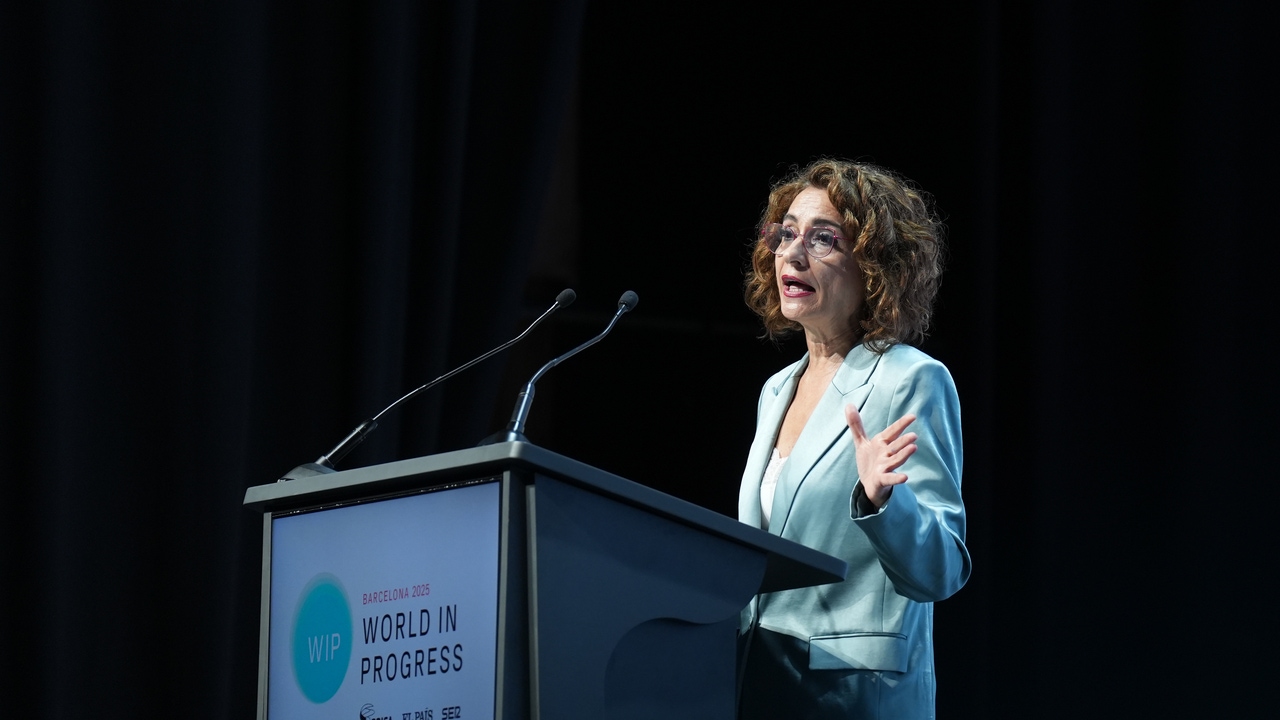
Spain and Portugal have largely recovered from a massive blackout that left millions without power for up to 20 hours, with authorities ruling out a cyberattack as the cause. The outage, which began on Monday afternoon, disrupted telephone, internet services, and transportation, but by Tuesday, services were gradually restored, and life began to return to normal for the affected populations.
Despite widespread speculation on social media about potential cyberattacks or unusual atmospheric phenomena, officials from both countries have dismissed these claims. Eduardo Prieto, director of operations at Spanish grid operator Red Electrica (REE), confirmed that there was no evidence of a cybersecurity incident or intrusion into their control systems. Similarly, Portuguese government spokesman Antonio Leitao Amaro stated that preliminary analyses showed no signs of a cyberattack or hostile action.
In response to the incident, Spanish Prime Minister Pedro Sanchez announced the formation of a commission to investigate the causes of the blackout, emphasizing the importance of preventing future occurrences. Meanwhile, Spain's top criminal court, the Audiencia Nacional, has opened a separate probe to explore whether the outage could have been an act of sabotage on critical infrastructure, potentially classified as a terrorism offense. However, no concrete evidence has been presented to support this theory.
As the Iberian Peninsula moves past this disruptive event, the focus now shifts to uncovering the root cause of the blackout and implementing measures to safeguard against similar incidents. The swift dismissal of cyberattack theories by authorities has provided some reassurance, but the lack of a definitive explanation leaves room for further investigation and speculation among the public and experts alike.

A Madrid court has initiated an investigation into former PSOE organizational secretary Santos Cerdán for alleged false testimony during a Senate hearing about the 'Koldo case.' The Investigating Court Number 24 of Madrid admitted a complaint filed by the organization Hazte Oír, finding...

Spanish First Vice President and Finance Minister María Jesús Montero has assured that no autonomous community will lose resources under the new singular financing model for Catalonia agreed between the central government and the Generalitat. Speaking to media before the 'World in Progress'...

The Sitges International Fantastic Film Festival of Catalonia 2025 opened its 58th edition on Thursday, October 9, with Julia Ducournau's 'Alpha' serving as the opening gala film. This year's festival, running through October 19, features a record-breaking program of 395 productions between...

FC Barcelona has released its latest financial results, revealing a complex picture of record-breaking commercial performance coupled with significant asset devaluations. The Catalan club reported extraordinary sponsorship and commercial revenue of €429 million for the previous fiscal year,...

A 69-year-old woman died on Sunday afternoon following an explosion and subsequent fire at her two-story home in the village of Villar del Río in Spain's Soria province. The incident occurred around 5:30 PM local time when multiple witnesses reported hearing a loud explosion coming from the...